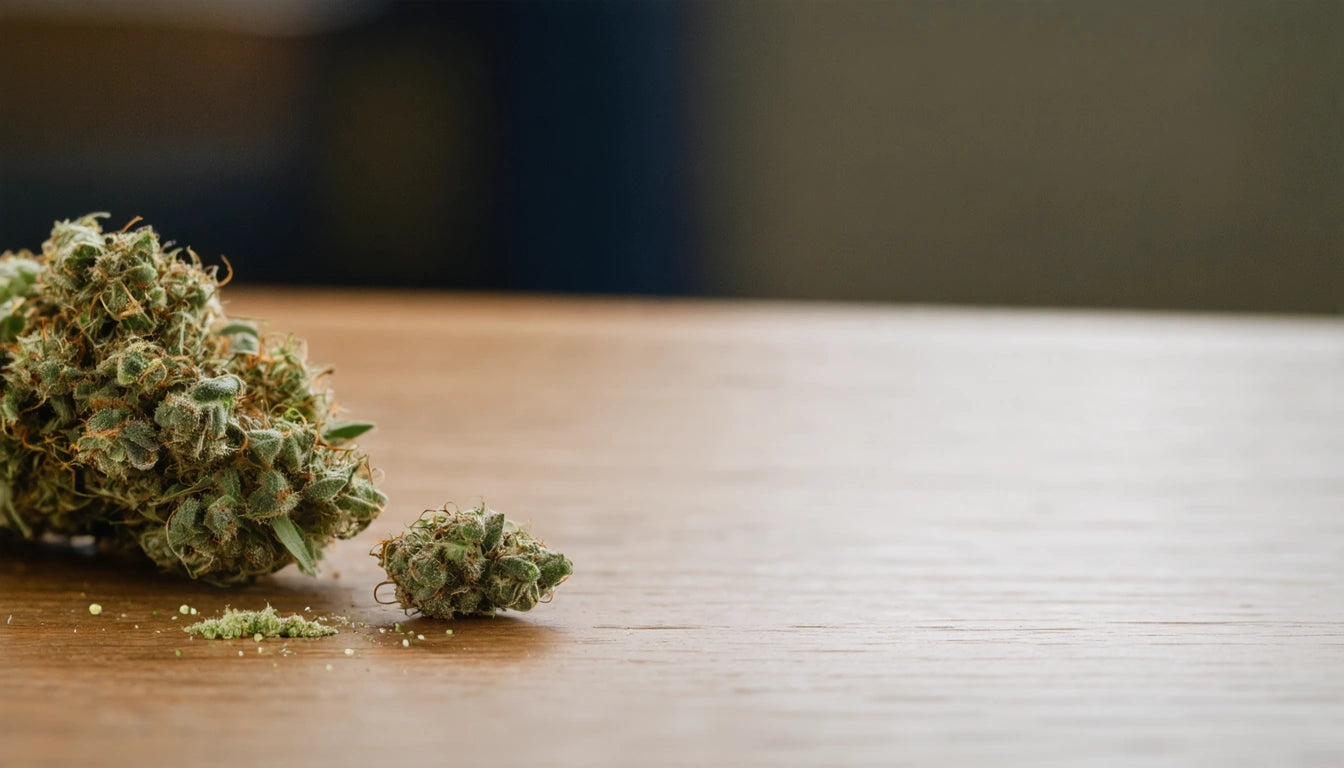Table of Contents
Frustration-Free Packaging: What It Really Takes
In the cannabis industry, packaging serves multiple critical functions beyond simply containing the product. It must comply with regulations, communicate brand values, protect contents, and provide a positive user experience. Frustration-free packaging addresses the often-overlooked aspect of consumer interaction with the product container itself, ensuring accessibility without compromising other essential functions.
Defining Frustration-Free Packaging in Cannabis
Frustration-free packaging refers to containers and designs that minimize user difficulty when accessing products. In cannabis, this concept takes on additional complexity due to child-resistance requirements that often create barriers for legitimate adult consumers, especially those with dexterity limitations or disabilities.
True frustration-free packaging in cannabis achieves a delicate balance: maintaining required safety features while ensuring products remain accessible to the intended adult audience. This includes considerations for opening mechanisms, readability of instructions, and overall ergonomics of the package design.
Consumer Pain Points with Traditional Packaging
Common frustrations with cannabis packaging include:
- Excessive packaging layers requiring multiple steps to access the product
- Child-resistant mechanisms that prove challenging for adults with arthritis or limited hand strength
- Unclear opening instructions leading to package damage or product spillage
- Containers that don't reseal properly after initial opening
- Packaging that makes it difficult to access the final portions of the product
Key Design Principles for Accessible Packaging
Creating truly frustration-free packaging requires adherence to several core principles:
Intuitive Design
Packages should communicate how they open without requiring extensive instructions. Visual cues like pull tabs, directional arrows, or color-coded elements help guide users through the opening process naturally. Our research on frustration-free packaging shows that intuitive designs reduce customer complaints and increase brand loyalty.
Minimal Force Requirements
While child-resistance often relies on strength or dexterity barriers, innovative designs can maintain safety while reducing the physical effort required. Push-and-turn mechanisms with improved grip surfaces or squeeze-and-pull designs with lower force thresholds represent evolving solutions in this space.
Balancing Compliance with User Experience
The challenge for cannabis brands lies in meeting strict regulatory requirements while still providing a positive unboxing experience. Child-resistant packaging is mandated in virtually all legal cannabis markets, but the implementation varies widely in user-friendliness.
Forward-thinking brands are finding creative solutions through:
- Multi-use containers that become easier to open after initial child-resistant opening
- Clear, large-print instructions incorporated into package design
- QR codes linking to video demonstrations for complex opening mechanisms
- Packaging that maintains child-resistance while reducing the number of steps to access
When selecting bulk packaging options, such as high-capacity mylar storage bags for cannabis, brands must consider how these larger formats can maintain both compliance and accessibility for business customers and end users alike.
Why Materials Matter in Frustration-Free Design
Material selection significantly impacts both the environmental footprint and user experience of cannabis packaging. Sustainable materials that maintain structural integrity while providing tactile advantages represent the gold standard in frustration-free design.
Emerging Material Innovations
Recent advances in packaging materials offer new possibilities:
- Bioplastics with improved grip textures for easier handling
- Paper-based solutions with specialized coatings for product protection
- Recycled materials engineered for improved tear resistance and controlled opening
- Silicone components that provide better grip for child-resistant mechanisms
These innovations allow brands to address both sustainability concerns and accessibility needs simultaneously, creating packaging that aligns with consumer values across multiple dimensions.
Implementation Strategies for Brands
Implementing frustration-free packaging requires a methodical approach that considers the entire product lifecycle and user journey.
User Testing is Non-Negotiable
Effective frustration-free designs emerge from rigorous testing with diverse user groups. This should include:
- Adults with varying dexterity levels and physical capabilities
- First-time users unfamiliar with cannabis packaging conventions
- Experienced consumers with expectations based on previous products
- Testing under various conditions (limited lighting, outdoor settings, etc.)
Phased Implementation Approach
Rather than overhauling entire packaging lines at once, successful brands often adopt a phased approach:
- Identify the highest-friction elements in current packaging through customer feedback
- Develop and test targeted improvements to these specific pain points
- Implement changes on limited product lines to gauge market response
- Scale successful solutions across the product portfolio
This approach minimizes risk while allowing for continuous improvement based on real-world feedback.
Future Directions in Accessible Cannabis Packaging
The future of frustration-free cannabis packaging lies at the intersection of technology, sustainability, and human-centered design. Emerging trends include smart packaging with embedded opening assistance, modular systems that adapt to user capabilities, and universal design principles that accommodate the widest possible range of users without specialized adaptations.
As the cannabis industry matures, brands that prioritize accessibility in their packaging will likely gain competitive advantages through improved customer satisfaction, word-of-mouth recommendations, and loyalty from consumers who appreciate thoughtful design that respects their time and physical capabilities.











Leave a comment
All comments are moderated before being published.
This site is protected by hCaptcha and the hCaptcha Privacy Policy and Terms of Service apply.